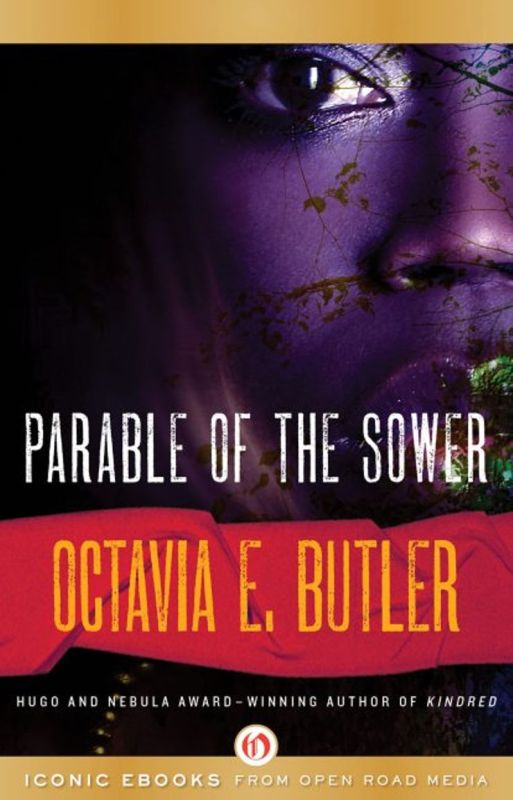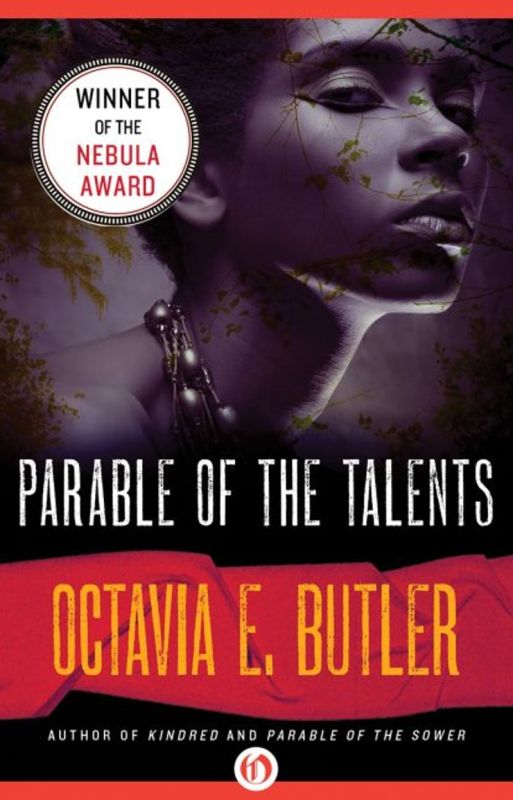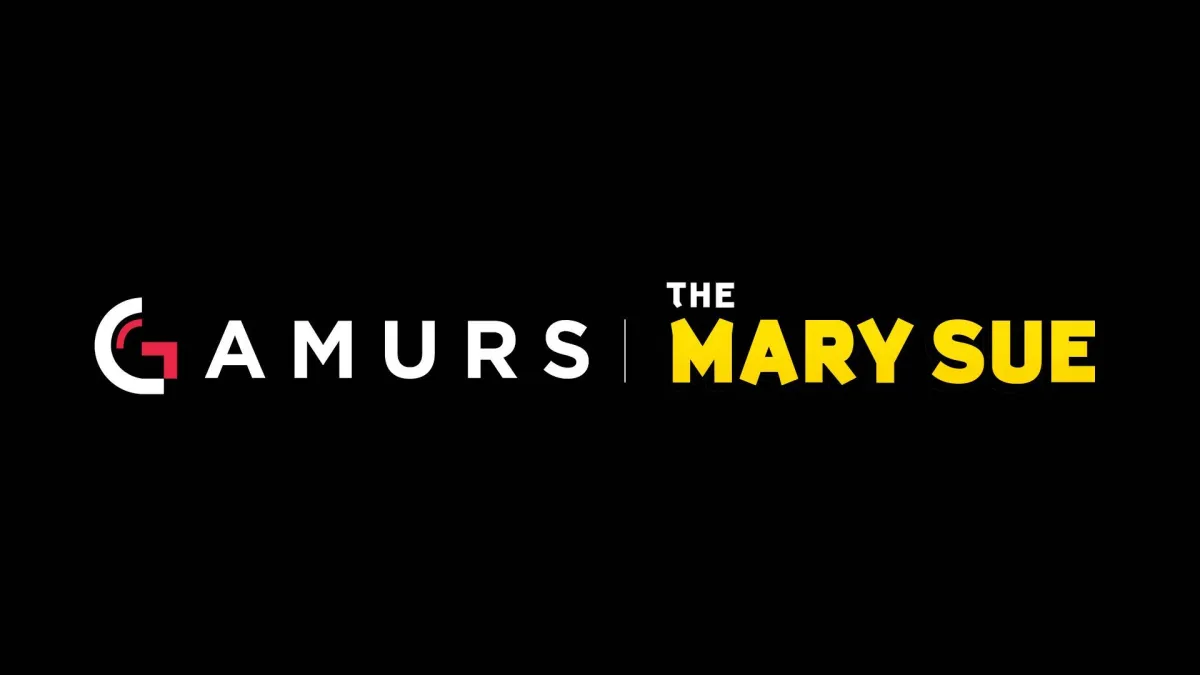Editor’s note: This article originally appeared on ThePortalist.com, and is reposted here with permission.
We are living inside a nightmare.
We are living inside a massive practical joke.
We are looking to the stars for possible new homes, as we exhaust our current planet’s resources and turn on each other in wars that increase in danger as they decrease in dignity.
We are being asked to make impossible compromises while our children watch.
We are a multitude of resistances and resiliences in action.
Is this fiction or reality?
Thank the goddesses of clear-eyed prophecies for Octavia Butler, the black science fiction writer who foresaw this moment and created guidance for us. She published 12 novels and a collection of short stories—plus additional prolific content that is being explored and uncovered at the Huntington Library in her hometown of Pasadena. Two of those books are her Parables—Parable of the Sower and Parable of the Talents.
As soon as it became clear that Candidate Rump was seriously running for president, I returned to the Parables.

In Parable of the Sower, we meet Lauren Olamina, a 15-year-old black girl who lives in a gated community with her preacher father, stepmother, brothers, friends, and lover. She lives in a society in which a radical right white male leader Andrew Jarrett has been elected President after promising to “make America great again.” Yup.
The society is technically a democracy, but the economic and racial dynamics mean that there are people assuming false normalcy behind walls of isolation—there are people living in apocalyptic conditions outside those walls. Corporations offer people homes in “company towns”—you must work to stay, a constant state of indebtedness to the company.
RELATED: 10 Books Like 1984
Lauren is a visionary and a hyperempath—she feels whatever she sees. To go outside the sheltering walls and see extreme poverty, violence, fights, and death is debilitating for her—she feels as if each thing she sees is actually happening to her. We learn how this condition impacts her journeys through the world and her relationships with family and loved ones.
Her vision pulls her forward: She feels that humans are “Earthseed,” and that the “destiny of Earthseed is to take root amongst the stars”—that Earth is a womb for human development, and the stars are our future. And in order to move towards that future, we need to know how to be with each other, with the land, and with change. Change is the constant divine force of Lauren’s belief system, which she documents in The Books of Earthseed.
“All that you touch
you change
All that you change
changes you
The only lasting truth
is change
God
is change”
When those living outside the wall tear into her community one night, Lauren finds herself alone with only her pre-packed bag, resources, and her self-taught survival skills. She slowly finds survivors and founds the community Acorn—where people grow food, pray, honor change and complexity, and take on the responsibility of shaping the future, thus shaping their survival.
RELATED: The Re-read: A Wrinkle in Time

In Parable of the Talents, we continue learning Lauren’s story through the eyes of her daughter. We see Acorn come under attack by the increasingly conservative Christian right; we see race, gender, sexuality, and age become points of attack. We see Lauren shift strategy from building a single physical institution to building a decentralized network of people who share a vision for the future (I think of this as the Zapatista model—slow, door to door, deep alignment work).
The parallels between the moment Octavia wrote about and the one we are living in now might be unsettling if I didn’t start off by telling you she was a prophet. But I don’t think hers were the prophecies of mystical insight I grew up seeking. Octavia was a voracious reader and consumer of news. She looked at the intersecting crises of her time and let her imagination fill in the future.
RELATED: Which Dystopia Will the Donald Trump Presidency Most Resemble?
Octavia understood that these are the conditions that emerge when we are trapped in the imagination of racists, fundamentalists, and smart people addicted to hierarchy—people who don’t think of the whole; people who don’t love people like me who are black, queer, feminine of center, fat, wear glasses, etc. Octavia understood that we have to claim the space to imagine ourselves beyond this world.
She imagined this literally for us, fictionally creating a space program that was off to seek other livable planets for us with her words. But I believe that she also understood that we had to imagine a new philosophical paradigm, a new human purpose—wherever the future finds our bodies.
I believe that the philosophies of Earthseed are a guide for us now.
To survive this time, we must learn to be human in a different way than we have ever done before. Instead of competing with each other constantly from a scarcity perspective, outsourcing the future to God, or chance, or those currently in power—we have to learn that:
“All successful life is
Adaptable,
Opportunistic,
Tenacious,
Interconnected, and
Fecund.
Understand this.
Use it.
Shape God.”
I am calling this approach that Octavia taught us ‘emergent strategy,’ because it aligns with the study of emergence—the study of the way complex patterns and systems arise out of relatively simple interactions. Birds flock, fish school, mushrooms whisper, ants work, cells split—humans must collaborate and adapt, collaborate and adapt.
Through this election, through whatever happens beyond it, through the futures beyond our control, and the futures we can shape.
(images via Open Road Media)
—The Mary Sue has a strict comment policy that forbids, but is not limited to, personal insults toward anyone, hate speech, and trolling.—
Follow The Mary Sue on Twitter, Facebook, Tumblr, Pinterest, & Google+.









Published: Feb 21, 2017 02:08 pm